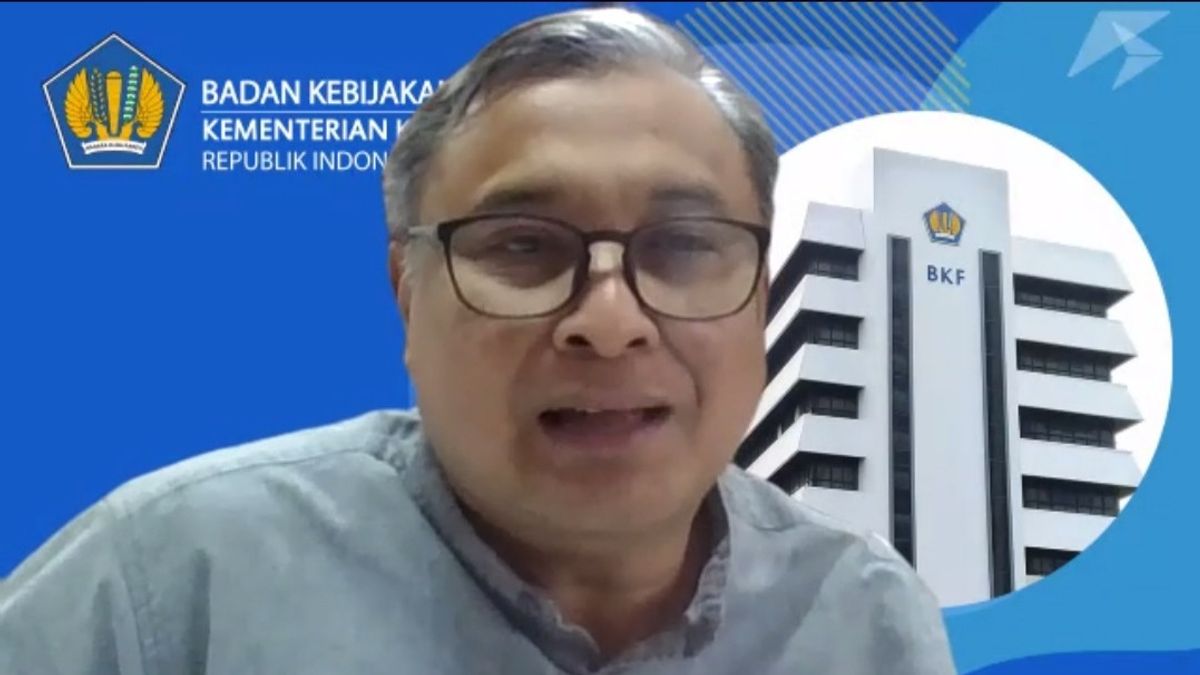JAKARTA - Head of the State Budget Policy Center (APBN) of the Ministry of Finance (Kemenkeu) Wahyu Utomo said, there are three fiscal policy strategies that Indonesia can do to maintain economic stability in the midst of the threat of a global recession in 2023. "First, the APBN will still be placed as a shock absorber, yes, to absorb risks, control inflation, maintain economic stability, maintain people's purchasing power, while maintaining the momentum of economic recovery," Wahyu said at the Public Discussion event: Urgency of Energy Subsidy Reform online in Jakarta, Tuesday, February 14. "This should not be delayed, it must be more and more strengthened. Then, the state budget must be maintained. His health is maintained, because with a healthy state budget, the function of shock absorbers can be carried out optimally," he continued. Then second, Wahyu said, the state budget must also be used as an instrument to keep economic transformation running.
"So, it is hoped that the reforms that have been implemented will run effectively, for example the HPP Law, HKPD Law, P2SK Law, as well as secure various priority programs, including stunting, extreme poverty, election preparation, national strategic programs (PSN), including IKN," he said. The third or last strategy, the Indonesian government must have more solid risk mitigation, especially in controlling debt deficits. "Then, providing a buffer that is sufficient as well as a legal umbrella to maintain the flexibility of the state budget. Then, carry out a mix of fiscal, monetary, and financial policies, as well as strengthening spending better and automatic adjustments as a safeguard of security," Wahyu explained.
The English, Chinese, Japanese, Arabic, and French versions are automatically generated by the AI. So there may still be inaccuracies in translating, please always see Indonesian as our main language. (system supported by DigitalSiber.id)













